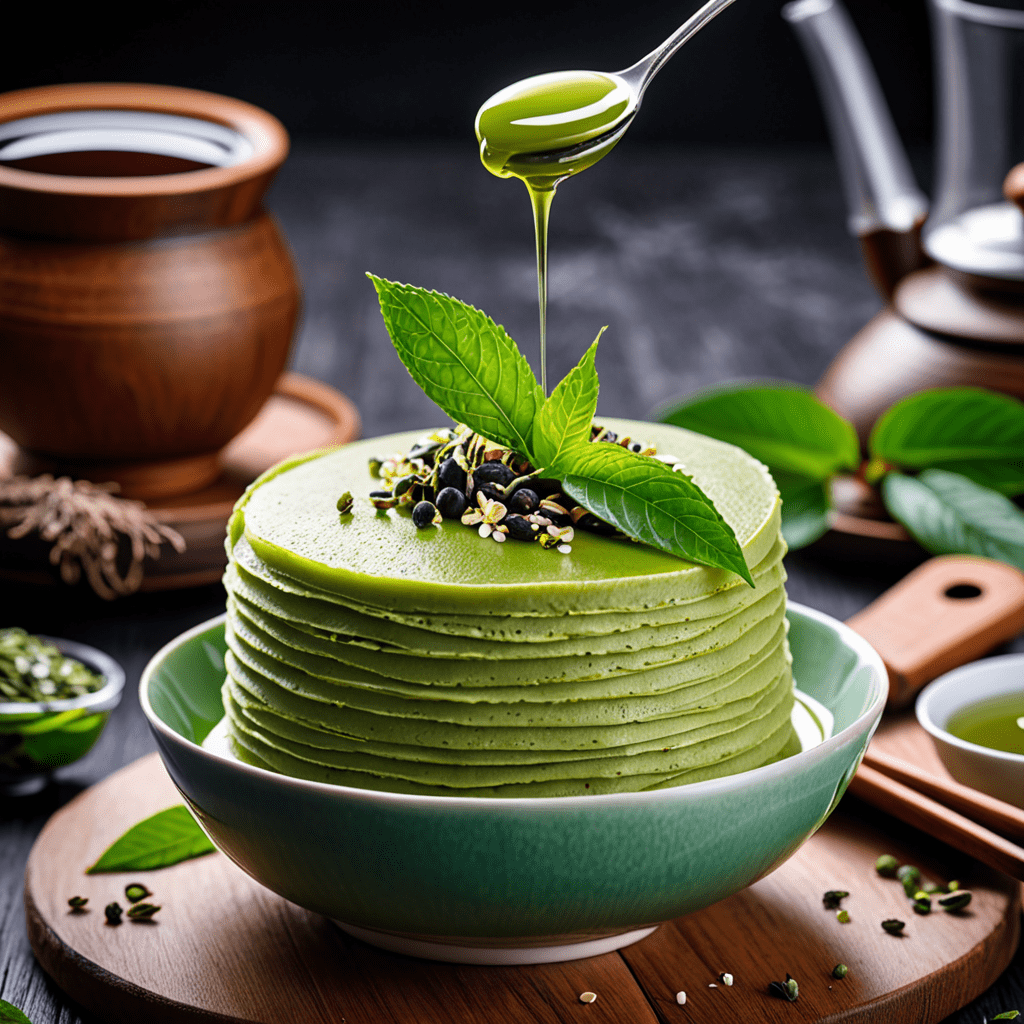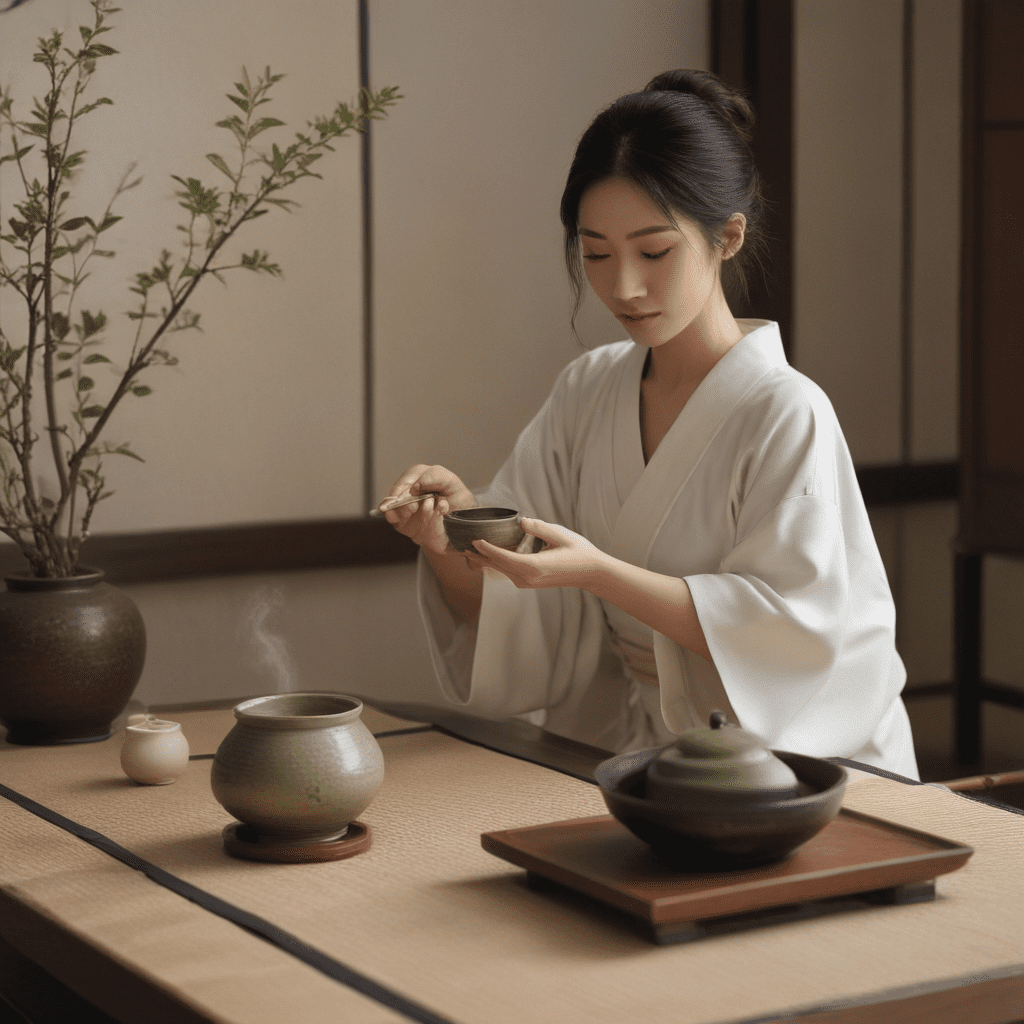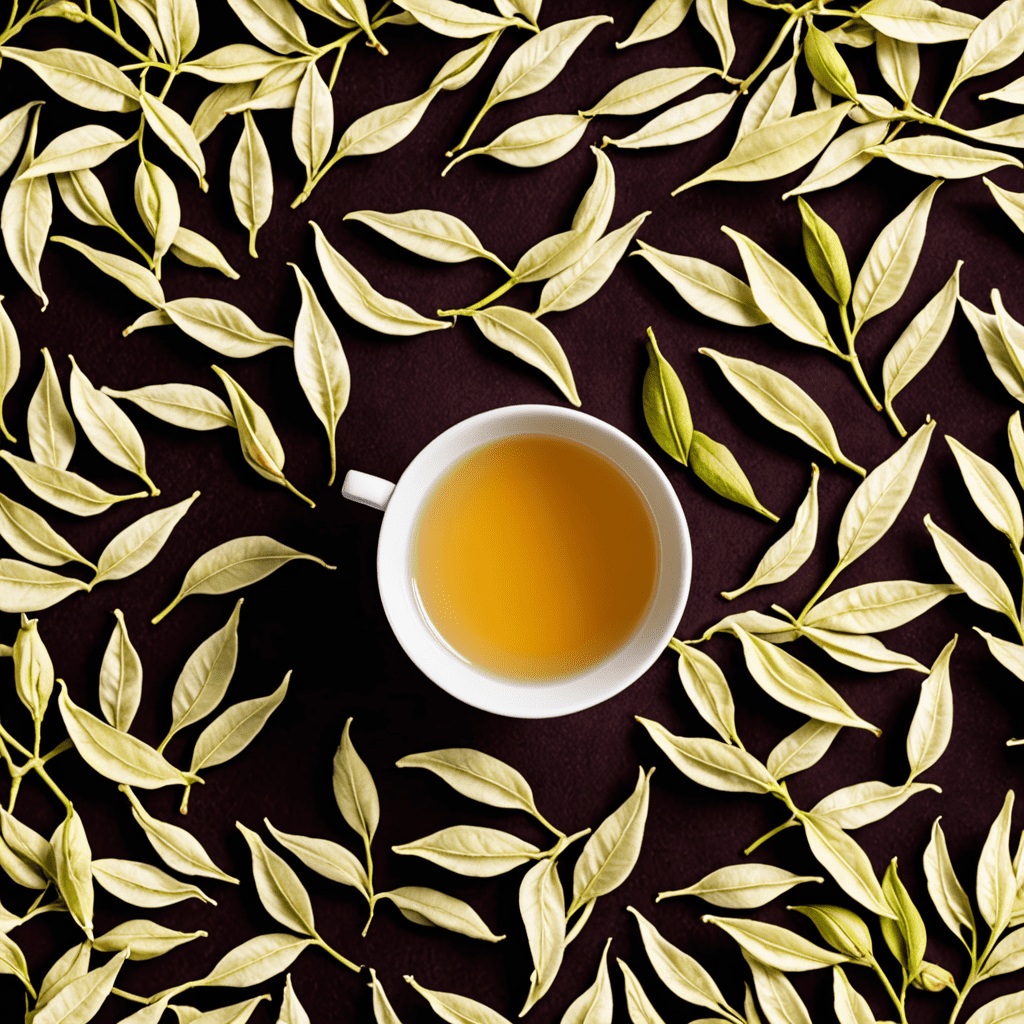Historical Origins of Ceylon Tea
The history of Ceylon tea is intertwined with the colonial era in Sri Lanka. In the mid-19th century, when the British controlled the island, they introduced coffee plantations as a cash crop. However, a devastating coffee blight in the 1870s led to the search for a replacement crop, and tea emerged as the ideal candidate. The first tea plantation was established in 1867, and the industry quickly flourished, transforming Sri Lanka into one of the world's leading tea-producing regions.
The Significance of the Tea Plantation Era
The tea plantation era had a profound impact on Sri Lanka's economy and social landscape. The establishment of plantations created employment opportunities for thousands of Sri Lankans, particularly in the central highlands, where the majority of the plantations were located. The tea industry also contributed significantly to the country's export earnings and helped establish Sri Lanka as a major player in the global tea trade.
Cultural and Social Customs Surrounding Tea in Sri Lanka
Tea has become an integral part of Sri Lankan culture and daily life. The aroma of freshly brewed tea fills homes, workplaces, and public spaces throughout the country. It is a social beverage, often shared during gatherings and conversations. Tea is also used in traditional rituals and ceremonies, such as the "poruwa ceremony" at weddings.
The Art of Tea Plucking and Processing
Tea plucking is a delicate process that requires skill and precision. Tea leaves are typically plucked by hand, with the finest quality leaves coming from the youngest shoots of the tea plant. The plucked leaves undergo a series of processing steps, including withering, rolling, oxidation, and drying, to produce the various types of Ceylon tea.
Different Types of Ceylon Teas and Their Distinct Flavors
Ceylon tea is renowned for its diverse range of flavors and aromas. The most popular types of Ceylon tea include black tea, green tea, and white tea. Black tea, the most common variety, is characterized by its strong, full-bodied flavor. Green tea, on the other hand, is known for its delicate, refreshing taste. White tea is the least processed type of Ceylon tea and is prized for its subtle, delicate flavor and high antioxidant content.
Traditional Tea Ceremony and Preparation
In Sri Lanka, tea is more than just a beverage; it is a cultural symbol with a traditional ceremony associated with its preparation. The traditional tea ceremony, known as "Sri Lankan Tea Ritual," involves a series of specific steps: boiling water, adding tea leaves, and allowing them to steep for a few minutes. The tea is then strained and poured into cups, often accompanied by milk and sugar. The tea ritual is an important social occasion, where people gather to share tea, conversation, and laughter.
Health Benefits and Medicinal Properties of Ceylon Tea
Ceylon tea is not only delicious but also boasts a range of health benefits. It contains antioxidants that help protect the body against damage caused by free radicals. Ceylon tea has also been shown to improve heart health, reduce inflammation, and boost the immune system. Additionally, green tea is known for its high antioxidant content and has been linked to improved brain function and reduced risk of certain types of cancer.
Preserving and Promoting Ceylon Tea Heritage
Recognizing the cultural and economic significance of Ceylon tea, the Sri Lankan government and various organizations are actively involved in preserving and promoting the industry. Measures have been taken to protect traditional tea-growing regions, revive old plantations, and support sustainable tea farming practices. The government has also invested in research and development to enhance tea quality and productivity.
Economic Impact of Tea Production on Sri Lankan Society
The tea industry plays a vital role in the Sri Lankan economy, contributing significantly to export earnings and foreign exchange. It provides employment to a large number of people, both directly and indirectly, in sectors such as cultivation, processing, packaging, and transportation. Tea production has also led to the development of infrastructure and social amenities in tea-growing regions, improving the overall quality of life for communities.
Cultural Tourism and Tea Experiences in Sri Lanka
Tea tourism has emerged as a popular way for visitors to experience the rich heritage and flavors of Ceylon tea. Tourists can visit tea plantations, learn about the tea-making process, and indulge in tea tasting sessions. Some plantations also offer accommodation, allowing guests to immerse themselves in the tranquil ambiance of tea country. Cultural tourism promotes appreciation for the art of tea making and contributes to the preservation of Sri Lankan traditions.
FAQ
1. What is the difference between Ceylon tea and other types of tea?
Ceylon tea is a specific type of tea grown in Sri Lanka, known for its unique flavor and aroma. It is known for its diverse range of flavors, from strong black teas to delicate white teas.
2. Why is Ceylon tea so famous?
Ceylon tea is famous for its high quality, distinctive flavor, and wide range of varieties. It is known for its rich, full-bodied taste and is often considered one of the best teas in the world.
3. How is Ceylon tea processed?
Ceylon tea undergoes a series of steps during processing, including withering, rolling, oxidation, and drying. These processes contribute to the development of its unique flavors and aromas.
4. What are the health benefits of drinking Ceylon tea?
Ceylon tea is rich in antioxidants and has been linked to various health benefits, including improved heart health, reduced inflammation, and boosted immunity. Green tea, in particular, is known for its high antioxidant content and potential benefits for brain function and cancer prevention.
5. Where can I buy Ceylon tea?
Ceylon tea is available in many tea shops, grocery stores, and online retailers around the world. Look for brands that specify "Ceylon tea" on the packaging to ensure authenticity.


